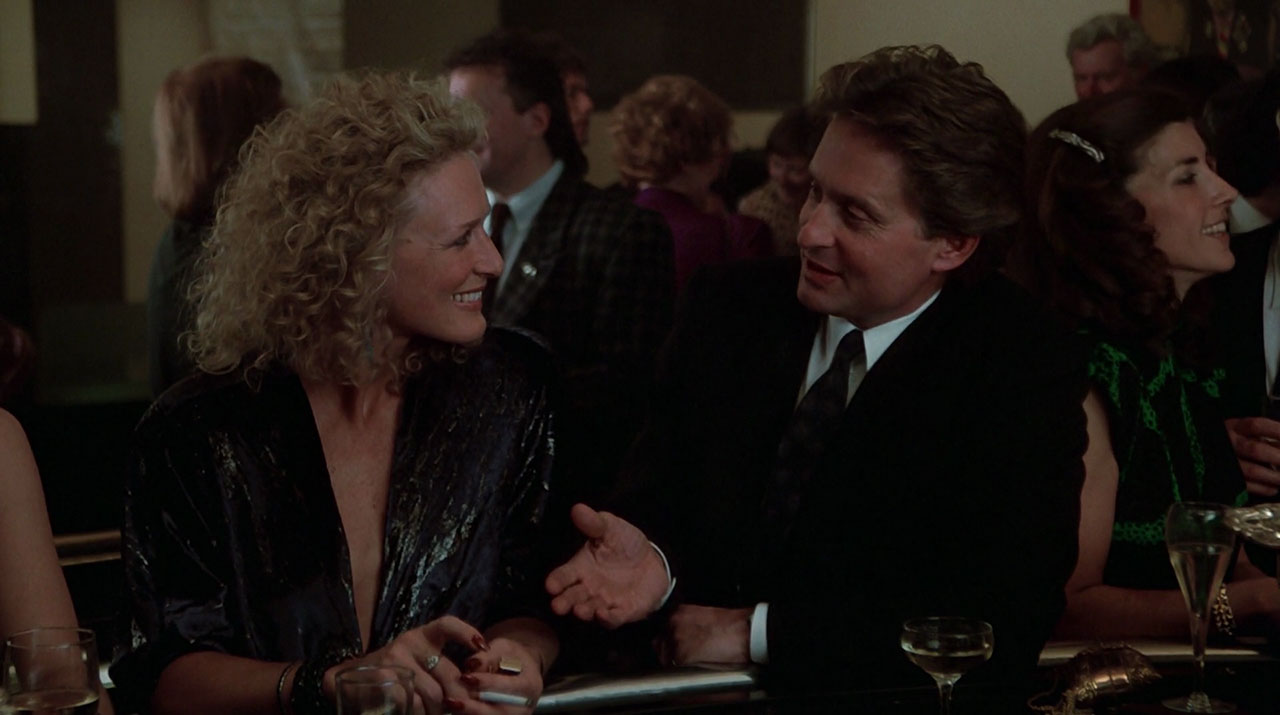Case Study: Studio Development
Name: Mary Agnes Donoghue, screenwriter, Beggarman, Thief (1979), The Buddy System (1984), Beaches (1988), Deceived (1991), White Oleander (2002), Veronica Guerin (2003); writer and director, Paradise (1991)
Situation: Navigate studio meetings and keep doing your work.

Of the nine circles of hell described in Dante’s Inferno, development hell resides in the fourth and fifth circles—that is, greed and anger.
There are two different kinds of development hell. In one, the happy, excited writer sells his spec script for a lot of money, which blinds him to the fact that he has just surrendered the copyright and has turned himself into what Jack Warner called just another schmuck with an Underwood (a brand name for a typewriter). In the other, the happy, excited writer is paid a lot of money to either write or rewrite material already owned by the producer, which blinds him to the fact that he, too, is just another schmuck with an Underwood. I’ve been the schmuck in both situations many times, but this tale is about the latter because it does have a couple of interesting twists: one delightful, the other ironic.
I was hired by producers with a deal at Paramount to rewrite a thriller. Their two previous attempts to get a workable script had failed, and they blamed the writer; they flattered me, so I signed on, content to believe the diabolically bad screenplay I’d read was the result of the writer’s lack of talent rather than face the obvious fact that too many producers and executives had beaten it into the ground with bad suggestions. Being able to enthusiastically start anew each time is a delusional state essential to writing in Hollywood.
Cushioned in the delusion, I wrote my draft, was pleased with my work, and delivered it to the producer who was managing the project (I’m happy to say I’ve forgotten his name). That was when, hand in hand, we entered Dante’s fourth circle: greed. Instead of praising my good work, the producer had nothing but complaints and insisted I do a free rewrite before he handed it over to the studio. I made it clear I did not do free rewrites, particularly when I was committed to a second draft. I insisted that he hand it in to the studio and that I be paid for my work.
War commenced, and we entered the fifth circle: anger. A conference call was held, during which I was abused and insulted by the producer. At one point, I said my draft had the same intensity and suspense as Fatal Attraction, and he snarled into the phone that Fatal Attraction was ancient history and I didn’t have a clue what people wanted anymore. I continued to refuse to do a free rewrite. The battle was no longer about the script, if it ever had been; it was about bullying me into doing the producer’s will. No holds were barred. At the bidding of the producer, the junior executive on the project (a man who shortly after left the movie business) went to the president of production and ran my professionalism and writing ability into the ground.
The delightful twist occurred here. In the past, I had worked on a number of projects with the president of production, a good and intelligent man. He called me to find out what was going on, and when I explained that I was being bullied into writing a free draft, he demanded to see the draft the producer was holding back, read it over the weekend, and came back on Monday excited by what I had written. He told the producer and junior executive he was ready to green-light the movie, dependent on getting a director and casting. I was winning. He then told them he thought it was the best thing since Fatal Attraction. Checkmate.
Then the ironic twist occurred. A few weeks later, the president of production learned from a trade journalist that he had been usurped by a pet of the studio’s new CEO, and with his departure the movie drifted onto the list of the living dead, otherwise known as the list of open writing assignments, where it has languished ever since. But still, for a few short weeks my Underwood had become weightless and I was walking on air.
Takeaway: Stick to your creative guns. By the time you’ve reached the second or third free rewrite, all is lost anyway.